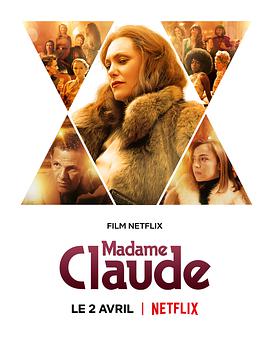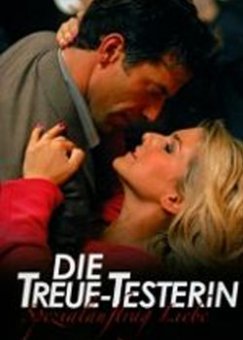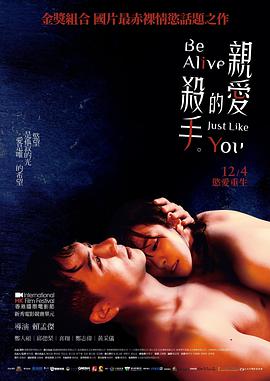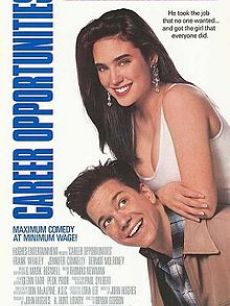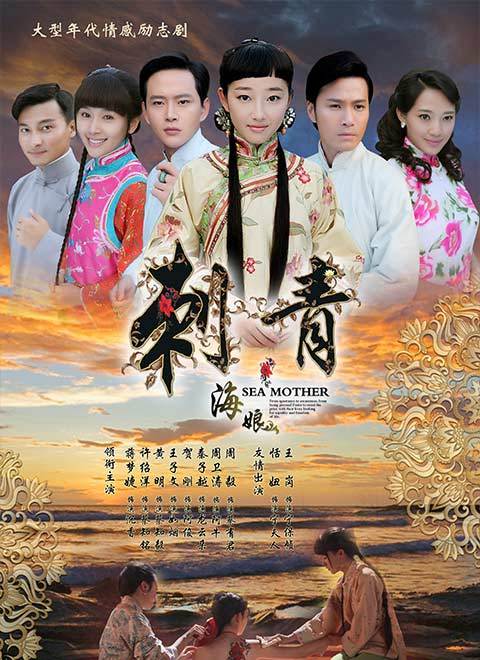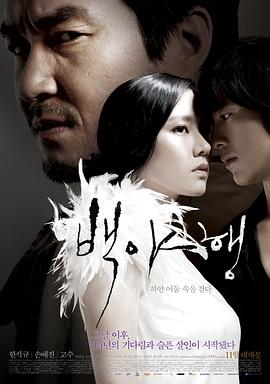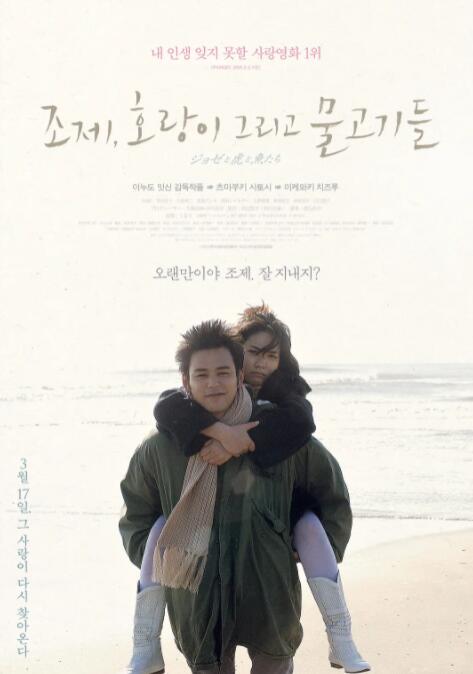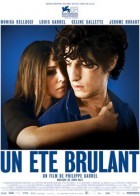- 西瓜云1
- 蓝光
风流剑侠
- 主演:
- 何塞·费勒,玛拉·鲍尔斯,威廉·普林斯
- 备注:
- 超清720P
- 类型:
- 爱情片
- 导演:
- MichaelGordon
- 年代:
- 1950
- 地区:
- 美国
- 语言:
- 英语
- 更新:
- 2022-11-03 10:17
- 简介:
- 剑侠唐璜生性风流,喜爱沾花惹草,因此在外一直恶名远扬。某日,他竟然冒充了新郎的身份迎娶了美丽端庄的戴安娜,因此被驱逐回国,在那里,大使狄博兰伯爵将唐璜介绍给了王后。西班牙国王昏庸无能,导致首相狄罗卡妄图一手遮天,一时间,国民们陷入了水深火热之中,民不聊生。回国后,唐璜.....详细
剑侠唐璜生性风流,喜爱沾花惹草,因此在外一直恶名远扬。某日,他竟然冒充了新郎的身份迎娶了美丽端庄的戴安娜,因此被驱逐回国,在那里,大使狄博兰伯爵将唐璜介绍给了王后。西班牙国王昏庸无能,导致首相狄罗卡妄图一手遮天,一时间,国民们陷入了水深火热之中,民不聊生。回国后,唐璜进入了皇家军事学院就职,然而他本性难改,竟然喜欢上了高高在上不可侵犯的王后。狄罗卡觊觎巨额贸易款项,绑架监禁了狄博兰,想从他口中套出巨款的下落,此事被唐璜偶然得知,麻烦缠身的他毅然决定返回学院,破解狄罗卡的阴谋。
Hollywood’s adaptation of Edmond Rostand’s sensational play, the then stage star José Ferrer reprised his Tony-winning titular role on the celluloid and also fortuitously bagged him an Oscar, an hors-concours accomplishment for theater thespians, which would only be followed by a selected few, Shirley Booth and Yul Brynner, respectively for COME BACK, LITTLE SHEBA (1952) and THE KING AND I (1956), are the only names that spring to this reviewer’s mind on the spot. Intimated by its bare-bones setting of a rather unglamorous Paris in the early 17th century, director Michael Gordon is tasked to make a silk purse out of a sow’s ear, diligently uses dark shades to hide the blemishes of the production’s reductive means and simultaneously adorn some chiaroscuro sheen, he, nevertheless, finds his messiah in his leading man. As the valiant, erudite swordsman-cum-poet, absurdly stigmatized by a disproportionately giant, factitiously affixed nose, Ferrer’s Cyrano de Bergerac gracefully dances his deepest self-abasement away with highfalutin elocution, which is enunciated through his sonorous pitch and undulating cadence, and sounds like a string of dulcet refrains plinking upon the surface of a cauldron of levity, ridicule, fervor and affection, while his emotional register plateaus majestically in tandem with the wreath of florid wordings, which to an anglophone’s ear, they are like molasses to a ravenous bruin. So much so that, the rest of the cast has no chance of holding a candle to him, only Mala Powers’ Roxanne occasionally glistens with her demure propriety and wide-eyed innocuousness, although that doesn’t necessarily justify Roxanne’s ill-devised antediluvian quixotism. Sometimes, the massive content of Cyrano’s incessant oratory doesn’t even seem to matter literally since the story has its inherently implausible occurrences requesting the most rigid suspension of a viewer’s disbelief, the film simply rides on the coattail of its source material’s irrepressible vitality (which is strenuously translated from French into high English by Brian Hooker), Dimitri Tiomkin’s playful and stentorian orchestral accompaniment, and its dramatis personae’s full-blown operatics, then sails safely to the finish-line where theatrics triumphs over narrative intrigues. For once, Michael Gordon’s CYRANO DE BERGERAC bracingly circumvents the media-switching snag often haunts the dicey game of theater-to-cinema transposition and expeditiously renders the former’s infectious rhetorics to soar on the latter’s deceptively modest canvas. referential entries: Max Ophüls’ LA RONDE (1950, 6.5/10); Daniel Mann’s COME BACK, LITTLE SHEBA (1952, 7.7/10).
"<>"" && "Hollywood’s adaptation of Edmond Rostand’s sensational play, the then stage star José Ferrer reprised his Tony-winning titular role on the celluloid and also fortuitously bagged him an Oscar, an hors-concours accomplishment for theater thespians, which would only be followed by a selected few, Shirley Booth and Yul Brynner, respectively for COME BACK, LITTLE SHEBA (1952) and THE KING AND I (1956), are the only names that spring to this reviewer’s mind on the spot. Intimated by its bare-bones setting of a rather unglamorous Paris in the early 17th century, director Michael Gordon is tasked to make a silk purse out of a sow’s ear, diligently uses dark shades to hide the blemishes of the production’s reductive means and simultaneously adorn some chiaroscuro sheen, he, nevertheless, finds his messiah in his leading man. As the valiant, erudite swordsman-cum-poet, absurdly stigmatized by a disproportionately giant, factitiously affixed nose, Ferrer’s Cyrano de Bergerac gracefully dances his deepest self-abasement away with highfalutin elocution, which is enunciated through his sonorous pitch and undulating cadence, and sounds like a string of dulcet refrains plinking upon the surface of a cauldron of levity, ridicule, fervor and affection, while his emotional register plateaus majestically in tandem with the wreath of florid wordings, which to an anglophone’s ear, they are like molasses to a ravenous bruin. So much so that, the rest of the cast has no chance of holding a candle to him, only Mala Powers’ Roxanne occasionally glistens with her demure propriety and wide-eyed innocuousness, although that doesn’t necessarily justify Roxanne’s ill-devised antediluvian quixotism. Sometimes, the massive content of Cyrano’s incessant oratory doesn’t even seem to matter literally since the story has its inherently implausible occurrences requesting the most rigid suspension of a viewer’s disbelief, the film simply rides on the coattail of its source material’s irrepressible vitality (which is strenuously translated from French into high English by Brian Hooker), Dimitri Tiomkin’s playful and stentorian orchestral accompaniment, and its dramatis personae’s full-blown operatics, then sails safely to the finish-line where theatrics triumphs over narrative intrigues. For once, Michael Gordon’s CYRANO DE BERGERAC bracingly circumvents the media-switching snag often haunts the dicey game of theater-to-cinema transposition and expeditiously renders the former’s infectious rhetorics to soar on the latter’s deceptively modest canvas. referential entries: Max Ophüls’ LA RONDE (1950, 6.5/10); Daniel Mann’s COME BACK, LITTLE SHEBA (1952, 7.7/10).
"<>"暂时没有网友评论该影片"}Hollywood’s adaptation of Edmond Rostand’s sensational play, the then stage star José Ferrer reprised his Tony-winning titular role on the celluloid and also fortuitously bagged him an Oscar, an hors-concours accomplishment for theater thespians, which would only be followed by a selected few, Shirley Booth and Yul Brynner, respectively for COME BACK, LITTLE SHEBA (1952) and THE KING AND I (1956), are the only names that spring to this reviewer’s mind on the spot. Intimated by its bare-bones setting of a rather unglamorous Paris in the early 17th century, director Michael Gordon is tasked to make a silk purse out of a sow’s ear, diligently uses dark shades to hide the blemishes of the production’s reductive means and simultaneously adorn some chiaroscuro sheen, he, nevertheless, finds his messiah in his leading man. As the valiant, erudite swordsman-cum-poet, absurdly stigmatized by a disproportionately giant, factitiously affixed nose, Ferrer’s Cyrano de Bergerac gracefully dances his deepest self-abasement away with highfalutin elocution, which is enunciated through his sonorous pitch and undulating cadence, and sounds like a string of dulcet refrains plinking upon the surface of a cauldron of levity, ridicule, fervor and affection, while his emotional register plateaus majestically in tandem with the wreath of florid wordings, which to an anglophone’s ear, they are like molasses to a ravenous bruin. So much so that, the rest of the cast has no chance of holding a candle to him, only Mala Powers’ Roxanne occasionally glistens with her demure propriety and wide-eyed innocuousness, although that doesn’t necessarily justify Roxanne’s ill-devised antediluvian quixotism. Sometimes, the massive content of Cyrano’s incessant oratory doesn’t even seem to matter literally since the story has its inherently implausible occurrences requesting the most rigid suspension of a viewer’s disbelief, the film simply rides on the coattail of its source material’s irrepressible vitality (which is strenuously translated from French into high English by Brian Hooker), Dimitri Tiomkin’s playful and stentorian orchestral accompaniment, and its dramatis personae’s full-blown operatics, then sails safely to the finish-line where theatrics triumphs over narrative intrigues. For once, Michael Gordon’s CYRANO DE BERGERAC bracingly circumvents the media-switching snag often haunts the dicey game of theater-to-cinema transposition and expeditiously renders the former’s infectious rhetorics to soar on the latter’s deceptively modest canvas. referential entries: Max Ophüls’ LA RONDE (1950, 6.5/10); Daniel Mann’s COME BACK, LITTLE SHEBA (1952, 7.7/10).




